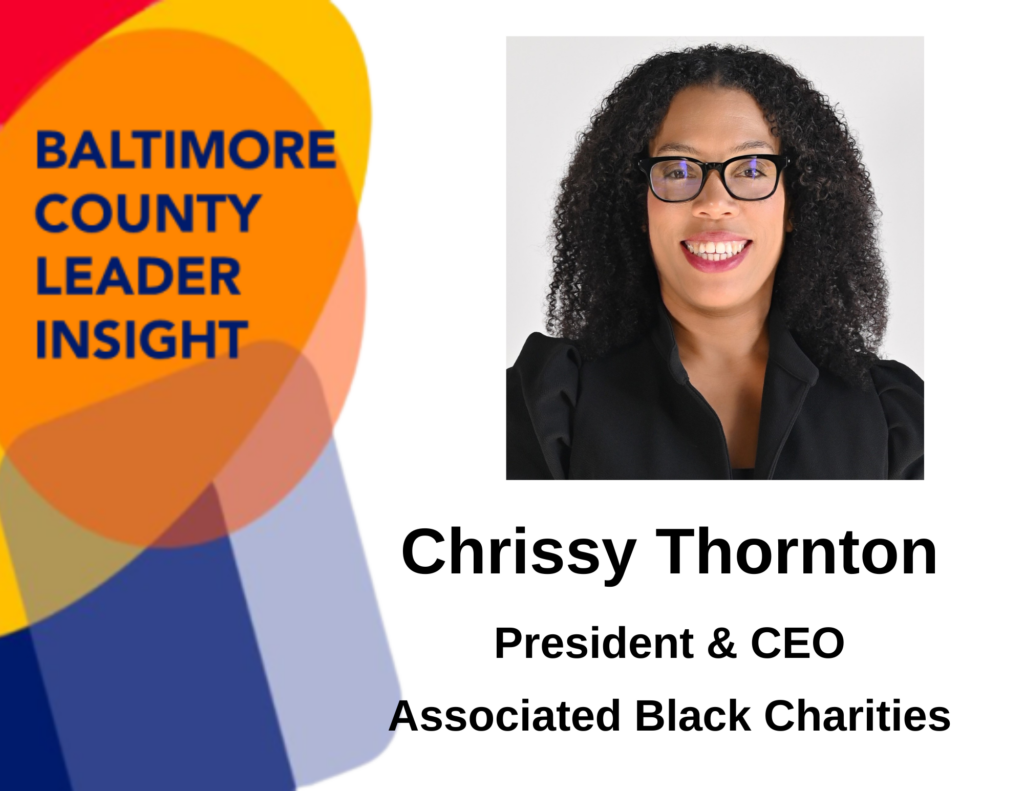
A Special Interview: February 2024
When you hear the question “are women leaders on fire or burned out,” what is your first thought?
As a woman striving for success both professionally and in life, I’m often driven by ambition and the desire to excel in my career. I want to make meaningful contributions, achieve my goals, and be recognized for my accomplishments. However, I sometimes find myself so focused on reaching these milestones that I overlook the trade-offs involved.
There are times when I realize I’ve sacrificed precious moments with my family, neglected my own self-care, and failed to fully enjoy the rewards of my success. It’s a difficult balance to strike, especially when societal expectations and workplace cultures often prioritize productivity over well-being.
For me, learning to recognize the importance of setting boundaries, prioritizing self-care, and carving out time for the people and activities that bring me joy outside of work is a continual journey of self-discovery and growth. I’m not there yet, but I am striving to redefine success on my own terms and create a more harmonious balance between my professional ambitions and personal fulfillment. I really do hope to get there soon.
How have you seen women supported on their leadership journeys?
I’ve observed women being supported on their leadership journeys through various means, including mentorship and sponsorship programs that offer guidance, advice, and advocacy from experienced leaders. These initiatives provide invaluable support as women navigate the challenges and complexities of leadership roles.
Additionally, affinity groups and professional networks (like Executive Alliance) also play a crucial role, offering women a sense of community, solidarity, and opportunities for collaboration.
There’s also a growing focus on advocating for gender equity in leadership positions, with efforts to address bias, close the gender pay gap, and create more inclusive work cultures.
In my new role, much of my success and confidence were built because of wonderful women who were willing to take me by the hand and make sure I was in the right rooms, knew the right people, and have/had every opportunity to succeed. In many cases, they lent their professional reputations to amplify my voice and push me forward.
There is nothing like that kind of support.
What is one strategy LBC alumni can employ to support women in and on the path to leadership?
One powerful strategy that LBC alumni can employ to support women on the path to leadership is to actively use their influence and platforms to amplify the voices and visibility of other women. This involves intentionally creating opportunities for women to shine, highlighting their achievements, and celebrating their successes publicly.
LBC alumni can also use their influence to push for policies and practices that promote equal opportunities for women to advance into leadership positions. This could include advocating for gender-balanced hiring practices, supporting initiatives aimed at closing the gender pay gap, and championing diversity and inclusion training programs.
I have many other ideas I am excited to share at LBC’s women’s leadership event on March 6.
What life experience has most shaped who you are as a leader?
My job experience is so varied. I started my career working in psychiatric adult day care, job coaching for individuals with developmental disabilities, and in probation and parole. My trajectory to leadership is riddled with a number of job tasks and assignments that a lot of people wouldn’t want to do. For me, these experiences have created humility around work, which makes me truly appreciate the opportunity to lead now. Specifically, I often share that while working with The Arc Baltimore, I led a cleaning crew where my primary assignment was to clean the transit stations in some of the most notably harrowing areas of Baltimore. Picking up trash while teaching individuals with special needs in the heart of the city taught me levels of work ethic, commitment, and resilience that directly inform my leadership style.
In your opinion, what personal trait is most important to being a good leader and why?
In my perspective, the most crucial personal trait for being a good leader is an unwavering commitment to excellence and maintaining high standards of quality in all aspects of leadership. This commitment involves a strong focus on achieving the best possible outcomes, a dedication to continuous improvement, and a refusal to settle for mediocrity!
When a leader is deeply committed to excellence, they inspire those around them to strive for greatness as well. Leaders who prioritize excellence set a precedent for a culture of overcoming, learning, innovation, and exceeding expectations.
Integrity is intricately tied to this commitment to excellence because it involves a leader aligning their actions with a set of values and principles. A leader with integrity ensures that their commitment to excellence is not compromised by shortcuts, unethical practices, or compromises on quality. They establish a foundation of trust by consistently delivering exceptional results and upholding the standards they set.
This requires leaders to be thorough, diligent, and meticulous in every task, decision, and interaction. Not sometimes, but EVERY time. This not only produces tangible results but also fosters a culture where team members are motivated to give their best effort, knowing that the leader expects and exemplifies nothing less.
